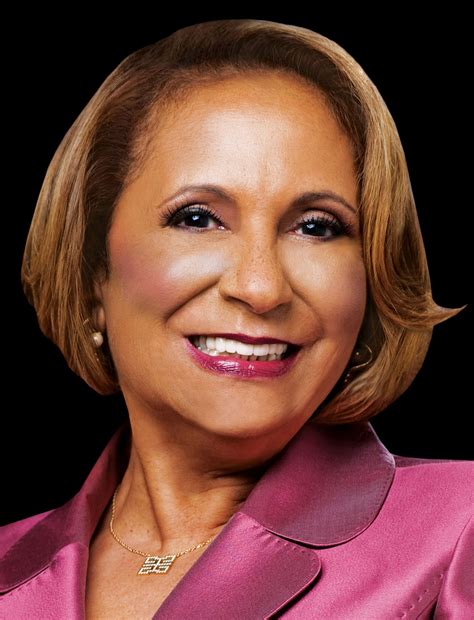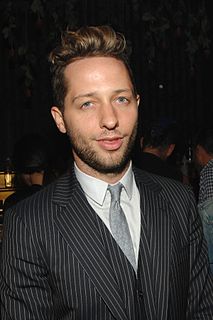A Quote by Mason Cooley
Knowledge and power in the city; peace and decency in the country.
Related Quotes
We should not be content to say that power has a need for such-and-such a discovery, such-and-such a form of knowledge, but we should add that the exercise of power itself creates and causes to emerge new objects of knowledge and accumulates new bodies of information. ... The exercise of power perpetually creates knowledge and, conversely, knowledge constantly induces effects of power. ... It is not possible for power to be exercised without knowledge, it is impossible for knowledge not to engender power.
On the country has gathered the idea of a natural way of life: of peace, innocence, and simple virtue. On the city has gathered the idea of an achieved centre of learning, communication, light. Powerful hostile associations have also developed: on the city as a place of noise, worldliness and ambition; on the country as a place of backwardness, ignorance, limitation. A contrast between country and city, as fundamental ways of life, reaches back into classical times.
Without the power of intelligence there is no capacity for spiritual knowledge; and without spiritual knowledge we cannot have the faith from which springs that hope whereby we grasp things of the future as though they were present. Without the power of desire there is no longing, and so no love, which is the issue of longing; for the property of desire is to love something. And without the incensive power, intensifying the desire for union with what is loved, there can be no peace, for peace is truly the complete and undisturbed possession of what is desired.
No price is too great to pay for inner peace. Peace is the harmonious control of life. It is vibrant with life-energy. It is a power that easily transcends all our worldly knowledge. Yet it is not separate from our earthly existence. If we open the right avenues within, this peace can be felt here and now.
Delhi is a very maligned city, and deservedly so. Yet there's something about it. It's a secret city, it doesn't hang out its wares. It's like a very deep river. Floating right up on top are the institutions of contemporary power: government, politics, media, and then there's the bureaucracy, the diplomatic missions. But it's also the city of intellectual debate, of protest, it's the city where people from all over the country converge to express their anger. And then, underneath all that, there's this crumbling, ancient city, a confluence of so much history.
If the Chinese will not learn the true principles of government, all else will be useless. Knowledge is power, and although a country may be weak, still, if it possess but a modicum of knowledge, the enemy will not be able to completely overthrow it; although that country may be in danger, the race will not be extirpated.





































